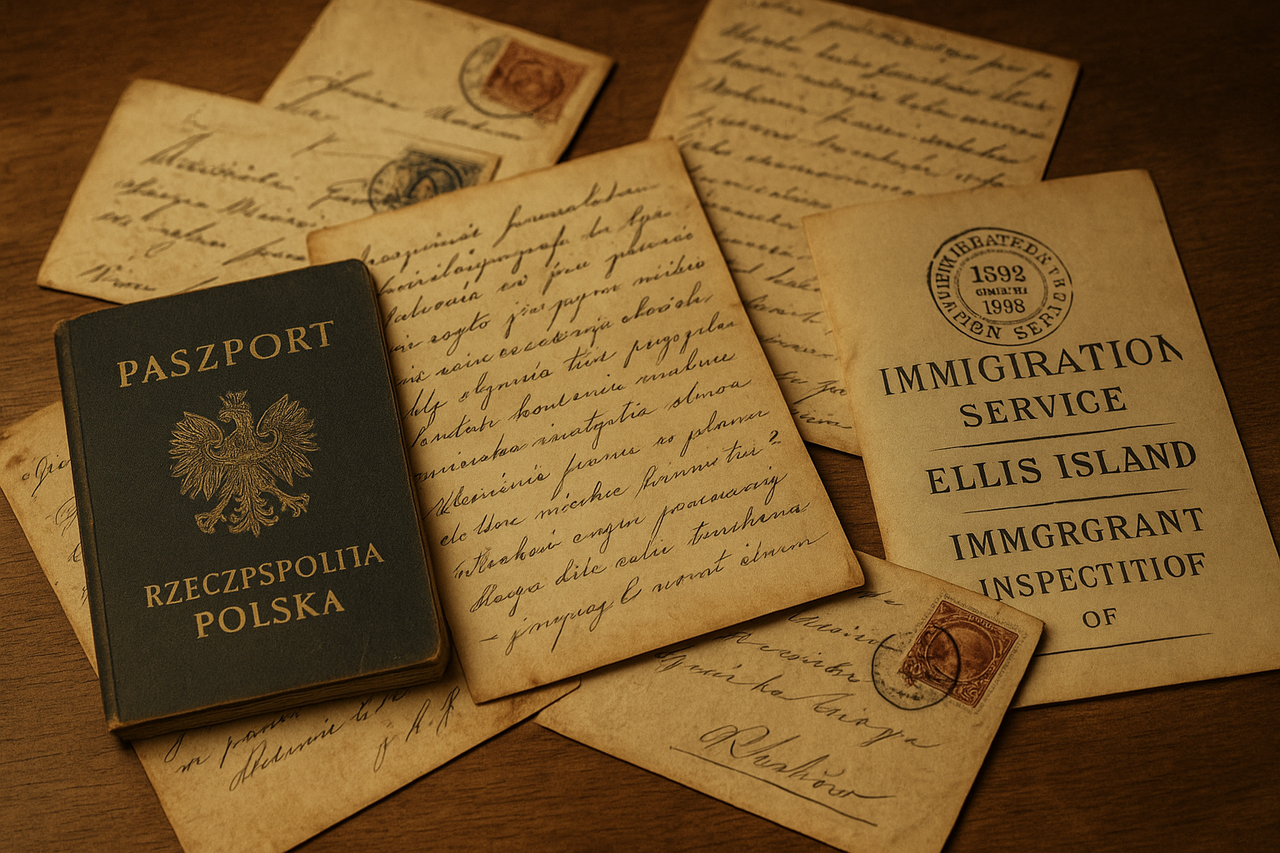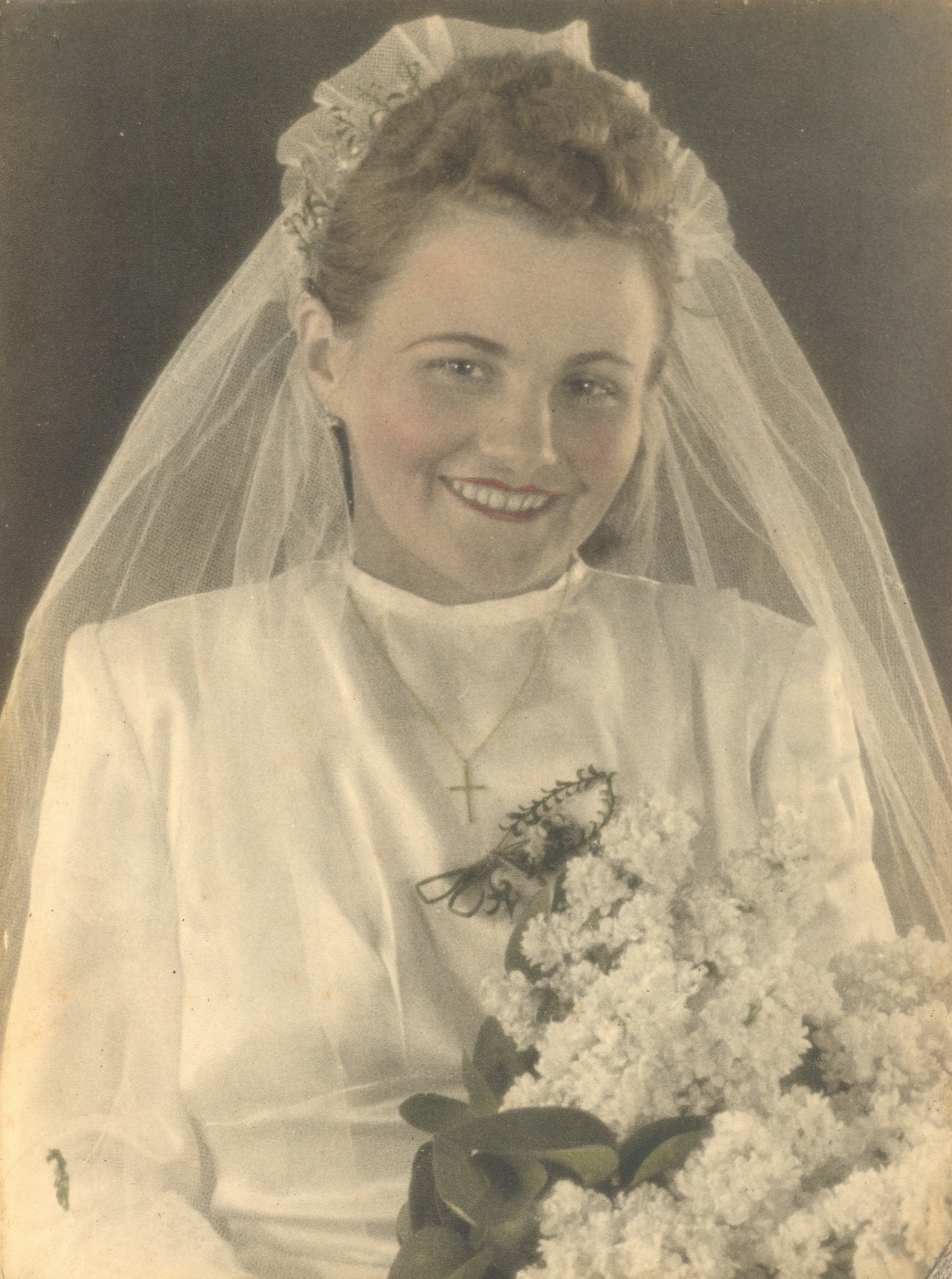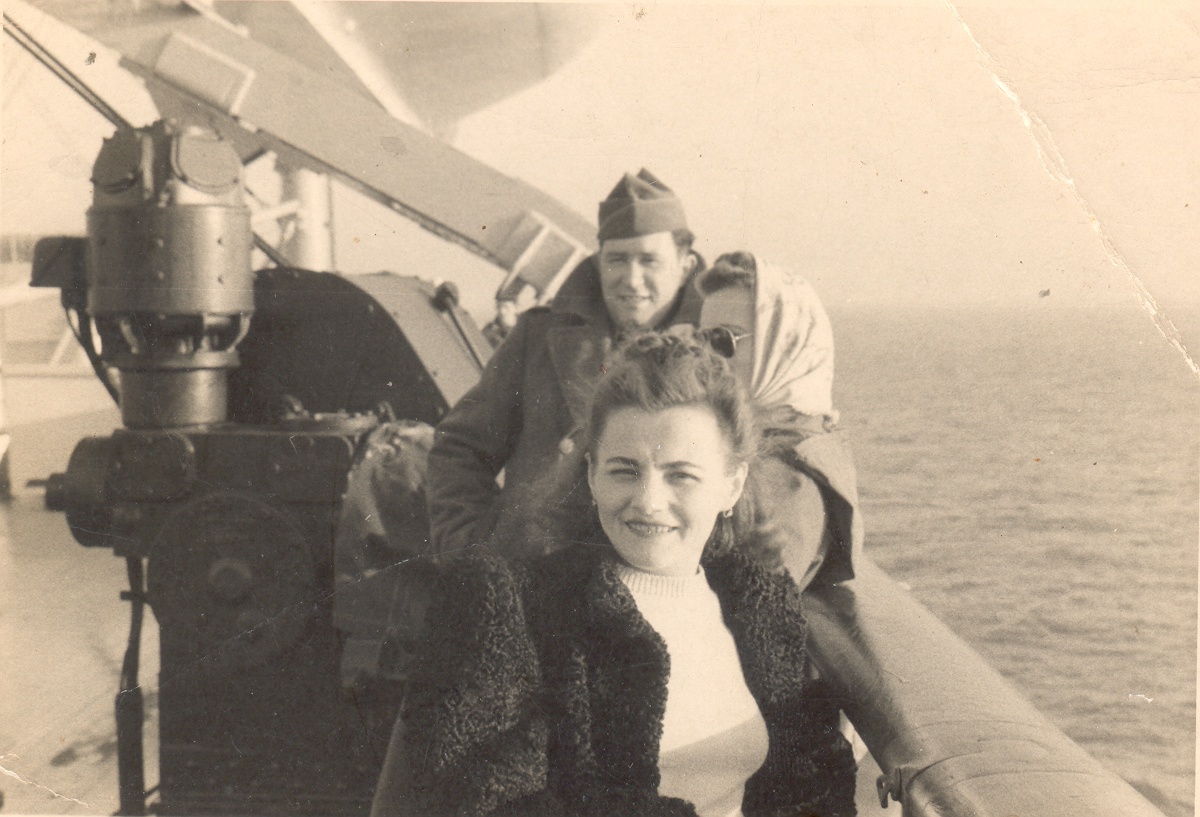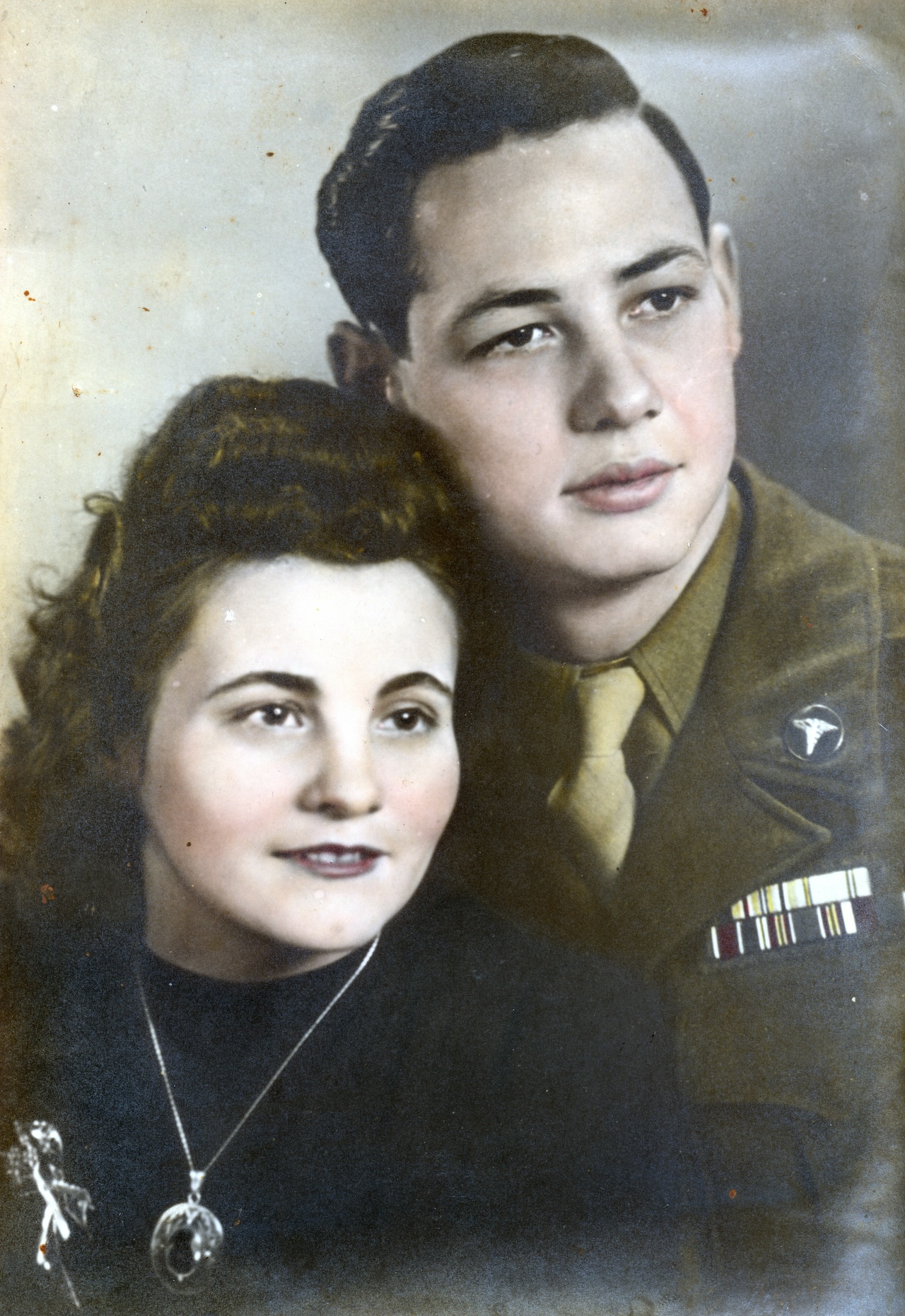Tracing Roots Lost to War

Echoes of a family’s journey across time and borders.
I’ve been wanting to blog about this for a while. This will probably be a long one—and it might even turn into a series of posts around a central theme. My mother—more than me, but me too—has always wondered about her mother’s family.
A Childhood Cut Short
My grandmother was born in Poland in 1926, before World War II. She was just 13, almost 14, when Germany invaded. According to my mother, my grandmother was at school in Kraków when the invasion happened. She was taken away from her parents, older brother, and sister. The last time she ever saw them was before going to school that day.
I just learned this part while preparing for this post: my grandmother was taken to a concentration camp and was “in line for a shower.” She was seen by a German officer, who pulled her out of the line. She was forced to serve as an au pair—but in truth, she was a slave.
My mother told me that, surprisingly, my grandmother was treated well by the German and his family and was almost certainly saved from death by that officer. My grandmother never knew why she was chosen out of everyone in line.
We all know what “going into the showers” meant. But I don’t think it was just fate that saved her—I believe it was divine intervention. If not for that moment, how would my mother be here today—and, by extension, my brother, sister, and me? God has a plan for all of us, and He always makes sure His plans are carried out.
A Family Lost
She never reunited with her parents or siblings. That part of her life remains a mystery to this day.
Were they killed? Did they survive? Did my great-uncle or great-aunt have children? Do I have cousins in Poland—in Kraków or somewhere else—even today?
I just don’t know.
An American Love Story
I know she met my maternal grandfather during the war—he was an American soldier—and supposedly fell in love with him. That’s how she came to America.
And so, by extension, I know almost nothing about that side of my family. It starts and stops with her. Poland is still high on my bucket list to visit—maybe someday I’ll find out more. But for now, it remains a blank page.
A Marriage Rediscovered
My mother told me that my grandparents were married three times: twice in Germany and once in the United States. First, they were married by an Army chaplain. Then they had a church wedding. Finally, they married again in the U.S.—probably in West Virginia.

Luisa Tekiel in her wedding Dress circa 1947
Language and Loss
I know my grandmother was illiterate in English. She could speak it and learned to sign her name, but she couldn’t read at all. When she arrived in the U.S., her English was limited, and immigration officials didn’t spell her name correctly.
I do know she came through Ellis Island—but with no reliable records, there’s no easy way to trace her family history from there. That makes it even harder to fill in the blanks.

Louise Tekiel aboard the ship to America.
While researching the name Tekielowna, which appeared on a Bible insert, I found out my grandmother’s real maiden name was Tekiel, not Tekielowna, which had appeared on all her other paperwork.
Apparently, there was a custom in Poland at the time where unmarried women or girls had “-owna” added to the end of their surnames. That explained the discrepancy.
The Weight of Unanswered Questions
This has always weighed on my mother. She’s always wanted to know about her cousins, aunts, and uncles—if any are still out there. She feels unsettled, and maybe even resigned, to never knowing anything about her mother’s side of the family.
On my maternal grandfather’s side, she knows a little more—but not much. They always treated her like an outsider. Either they didn’t like my grandfather, or something else was going on.

Louise and Joe Kinser, early in their life together.
A Story Still Unfolding
I never knew either of my grandfathers.
My paternal grandfather died when my dad was still a child. My maternal grandfather was never really in the picture. He and my grandmother separated and later divorced. And so, another part of the story was lost before it could be passed down.
Even now, there’s so much I don’t know. But I’m starting to piece things together—one memory, one clue, one discovery at a time.
And maybe that’s where you come in.
If you’re reading this and you’re from Poland—or have family roots in Kraków or the surrounding area—and the name Tekiel sounds familiar, I’d love to hear from you. Maybe you’ve heard stories passed down, or maybe your family tree has a missing branch too.
This might just be the beginning of something—maybe more stories to come, maybe even some answers.